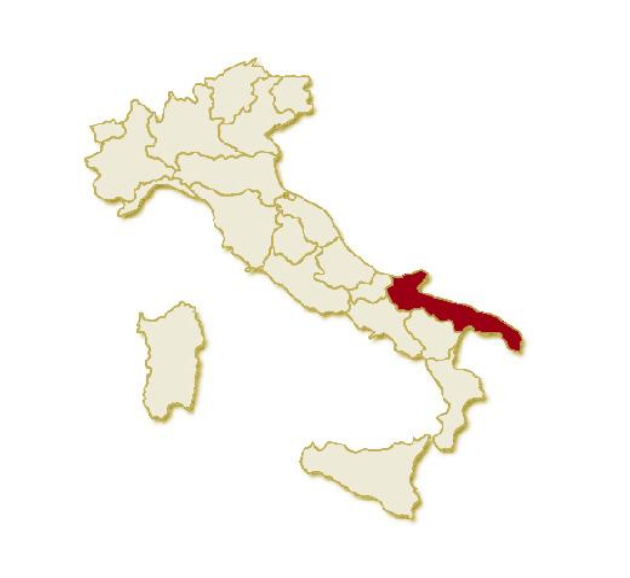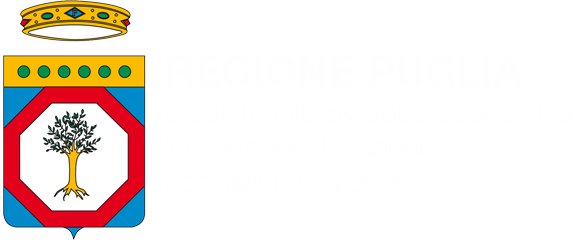Invest in Apulia
If you are looking for the ideal place to locate your new business investment and you’re searching for somewhere with a strategic position and excellent transport and digital connections;
if your business requires highly qualified personnel and could benefit from being close to world-class research centres;
if you have a new business idea to invest in but require some support and public incentives to develop it;
if you would prefer to locate your business in a beautiful part of Italy, with a mild climate all year long, where it’s a pleasure to live as well as work, you’ve found it!
Invest in Apulia!
Ten good reasons for investing in Apulia:
Apulia is a welcoming, creative, sustainable and dynamic land, with an ever-increasing international standing. It is a region that has managed to maintain its traditions and authenticity, whilst becoming at the same time technological and innovative, where the local government pays a lot of attention to citizen participation and environmental policies.
Apulia offers an incredible mix of ancient crafts, modern manufacturing industries, authentic Italian style and unrivalled quality, with an inborn inclination towards technological innovation, green and blue economies and creative industries.
In this region, the focus on boosting competitiveness keeps in step with the challenges of harnessing the fourth industrial revolution and becoming a year-long tourist destination, whilst guaranteeing one of the best welfare systems in Italy. In Apulia, the aim is to create the conditions for “a long happy life” for all, with no exclusions.

HIGHLIGHTS
Strategic business sectors
Knowledge and innovation economy
Aerospace
Green Economy
Mechanics and Mechatronics
Biotech
ICT
Economy of quality and Made in Italy
Food and drinks Sector
Fashion
Furniture and furnishings Sector
A great many Italian MNE’s and international groups from different parts of the world, such as Germany, France, Holland, India, Canada and the USA have already chosen to locate in Apulia, including: Leonardo, Bosch, Getrag, General Electric, BC Jindal, Magneti Marelli Fiat Powertrain, Sanofi, Merck Serono.
To guide companies through the investment process, we have set up a dedicated “Invest in Apulia” help-desk at our head offices in Modugna (BA).
The help-desk provides information on opportunities and regional incentives for investments in Apulia. We can also help identify the best locations for setting up new business investments, by matching the characteristics of the investment plan with what the local industrial zones have to offer.



